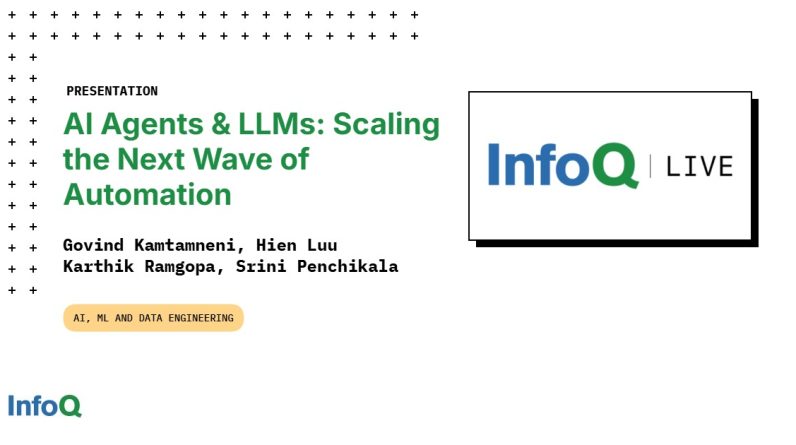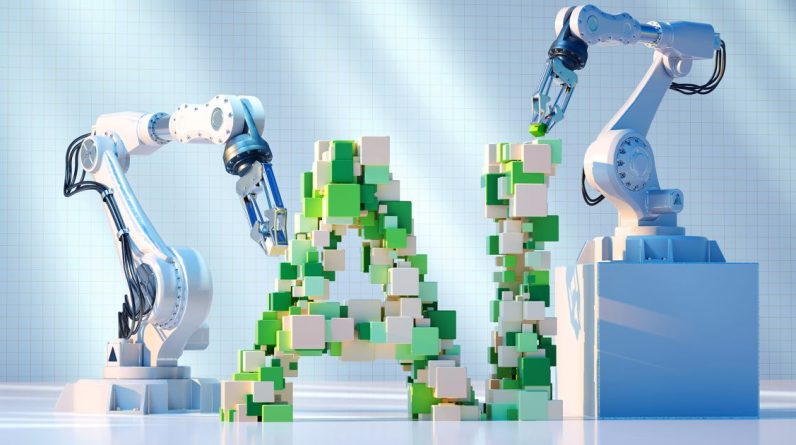Artificial Intelligence (AI) is leading the hospitality industry into a future where guest satisfaction and operational excellence reach new heights. Far from diminishing the importance of the personal touch, AI serves as a powerful tool that enhances the guest experience by allowing hotel staff to channel their energy toward crafting memorable moments.
Hotels are embracing AI not to replace the warmth of human interaction but to augment it. AI-driven technologies are adept at handling systematic tasks, allowing human staff to focus more on guest engagement. With AI in play, every interaction with hotel personnel has the potential to become an extraordinary experience for guests.
As the industry continues to evolve, it is important for hoteliers to understand the difference between simple automation or sophisticated data analytics and true AI. Believing these advanced systems to be fully formed AI can lead to misconceptions about their capabilities.
Understanding true AI involves recognizing its ability to predict and learn from data in a way that mimics human thought processes. Unlike automation, which operates on set rules, AI can adapt and find solutions, predictive analytics being a bridge between analytics and the adaptive nature of AI.
The use of predictive models in platforms like Unifocus, which aid in labor planning by forecasting needs, hints at the boundaries of true AI. Though not fully AI, these systems exemplify the direction in which the sector is headed, optimizing labor and improving satisfaction for both guests and employees.
For the hospitality industry, the promise of AI is not in replacing human capabilities but in amplifying them, ensuring that each stay is not just pleasant but truly unforgettable. By distinguishing genuine AI from its precursors, hoteliers can strategically invest in a future where technology and human insight deliver unparalleled hospitality experiences.
Current Market Trends:
The hospitality sector is experiencing a surge in AI integration for various purposes beyond mere data analysis and automation. AI-driven technologies such as chatbots for customer service, AI for personalized recommendations, and intelligent pricing algorithms to adjust room rates dynamically based on demand are becoming increasingly common. Moreover, there’s a growing trend towards using AI for operational efficiency — for instance, in inventory management, where AI systems can predict and adjust stock levels in real-time.
Forecasts:
The integration of AI in the hospitality industry is expected to continue growing. According to recent forecasts, the global AI in the hospitality market is anticipated to expand at a significant rate over the next few years. One of the reasons is the increasing demand for AI-powered customer experience platforms. Additionally, the push for smart hotels that provide automated check-ins and room customization based on guest preferences is anticipated to foster this expansion.
Key Challenges and Controversies:
A primary challenge is the balance between leveraging AI and maintaining human touch. Many clients value personalization that feels genuine, not just algorithm-driven. There’s also concern about privacy and data security, as AI systems handle vast amounts of personal information. Ethical considerations around the extent of surveillance within hotels, using AI for personal data analysis, and decision-making can be controversial. Lastly, there’s the issue of labor displacement, as AI could potentially replace certain jobs in the industry.
Important Questions:
1. How can AI enhance the guest experience?
AI can provide tailor-made recommendations, anticipate guest needs, streamline processes and improve the efficiency of the services offered.
2. What are the potential risks of implementing AI?
Challenges include addressing privacy concerns, ensuring data security, and managing the potential impact on employment within the industry.
Advantages and Disadvantages:
– Advantages:
1. Increased Efficiency: AI can handle repetitive tasks swiftly, leaving room for staff to engage more meaningfully with guests.
2. Enhanced Personalization: AI excels at analyzing data to deliver highly personalized recommendations and services.
3. Operational Insights: AI tools can discover hidden patterns in data, providing insights to drive business decisions.
– Disadvantages:
1. Cost of Implementation: High initial investment costs for integrating AI systems can be a barrier for smaller operators.
2. Reduction in Human Elements: Over-reliance on AI may diminish the personal interactions that many guests cherish.
3. Job Displacement: There’s a fear that AI could replace human jobs, especially in routine service and back-office roles.
If you’re looking for more information on the advancement of AI within the hospitality industry, you may find relevant insights and updates at these domains:
– IBM
– Oracle
– SAS
These links point to companies known for providing AI solutions that could be relevant for those in the hospitality industry seeking to advance their technology stack.







